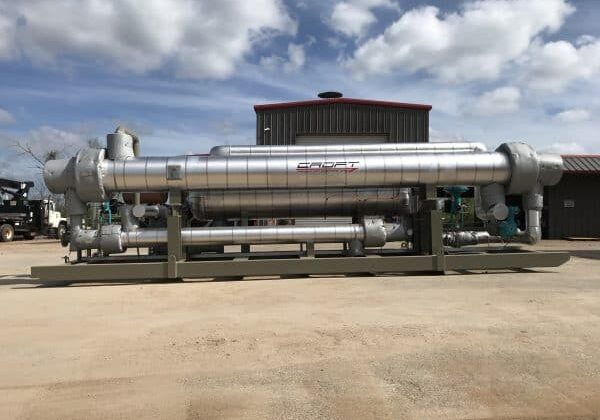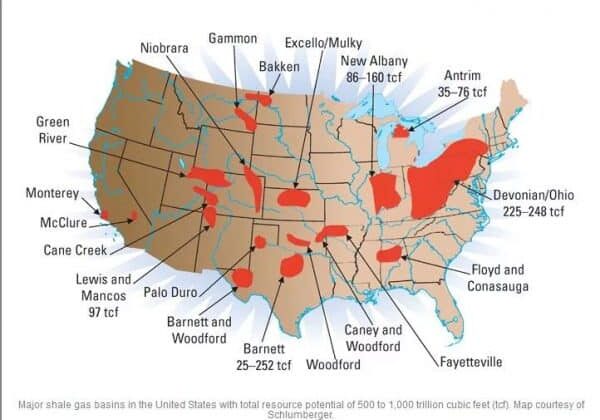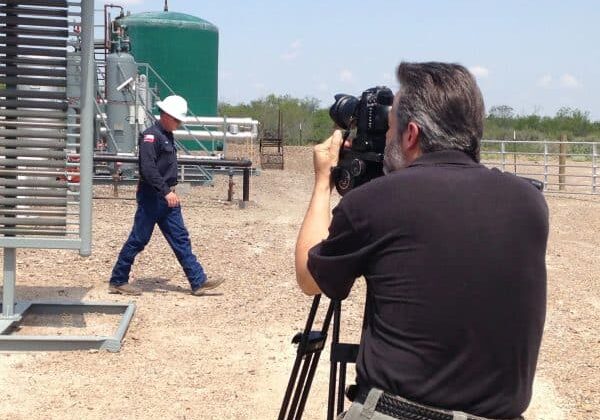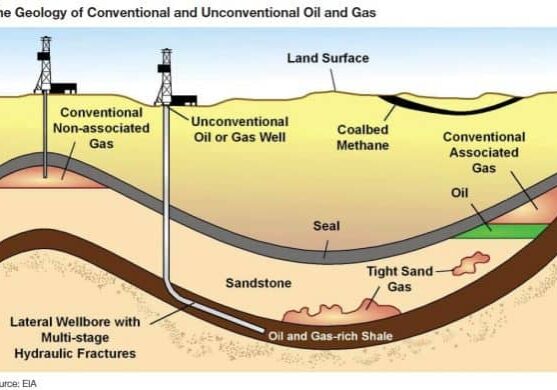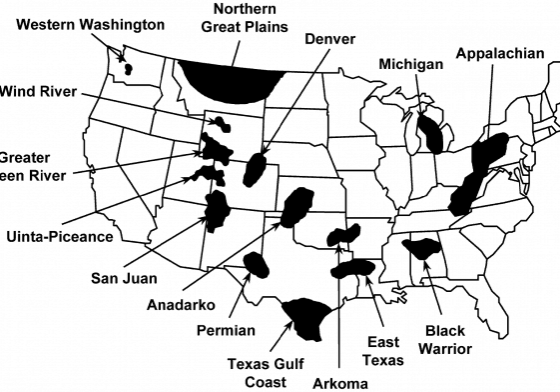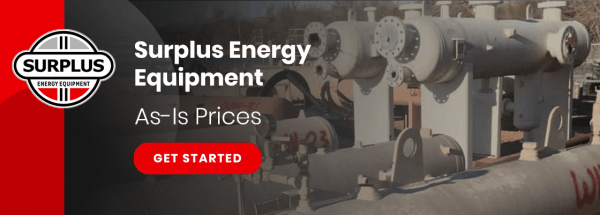in this blog, we will look at the midstream sector of the oil and gas industry and how it is a go-between for the up & downstream sectors. The midstream sector greatly overlaps with these two sectors. The midstream sector links the upstream and the downstream sectors, making it possible for the downstream sector to produce the multitude of goods created by oil and gas.
So What is the Midstream Sector?
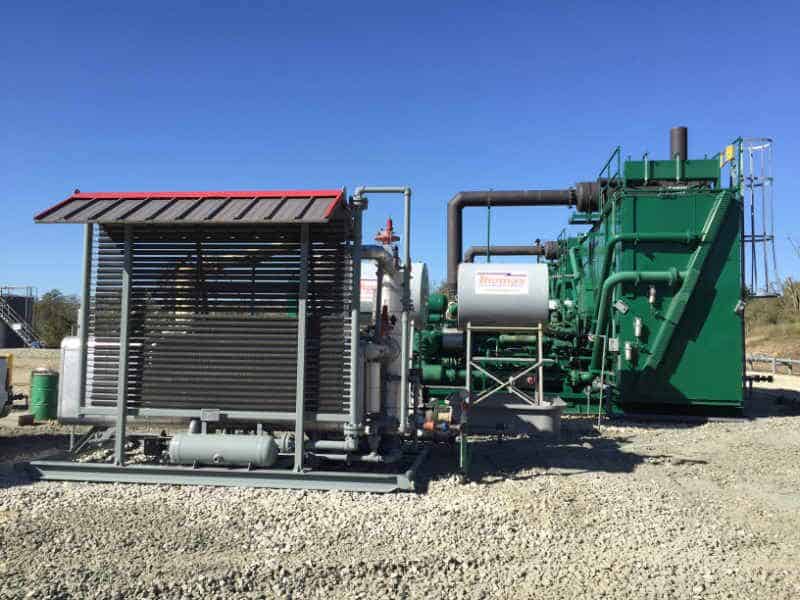
The Midstream sector of the oil and gas business concentrates on the processing, transportation, and storage of crude oil and natural gas. Midstream activities are considered a low-risk, highly-regulated segment of the oil and gas industry. In most cases, oil and gas reserves are not located in the same geographic location as refining assets and major consumption regions.
- Measuring the production rate of the oil, gas & water coming from the reserve
- Surface facilities are designed to separate the oil, gas & water from one another
- Removal/treatment of any impurities (sand, H2S, CO2) from the oil/gas to ensure it is pipeline-quality using equipment such as separators, amine plants, chemical injection systems, etc.
- Dehydrating the gas through the process of adsorption or a dehydrating agent, also known as a desiccant (PDS™) or glycol dehydration with TEG units.
- Temporary on-site storage for oil or NGL storage using bullet tanks.
Learn more about the natural gas processing equipment lines that CROFT manufactures or request a quote.
Transportation
- Oil/gas will travel through field gathering pipelines
- Pipelines are the safest & most efficient way to transport oil & gas; however, a pipeline infrastructure takes considerable time & capital investment
- Once large volumes are accumulated, the oil & gas can be moved to tanker trucks, small barges for rivers, or large vessels for ocean transport.
- Ocean transport can be international or domestic
- Recent growth in domestic production has led to an expansion of rail shipment because many fields gathering sites that are not connected to existing pipelines
Storage
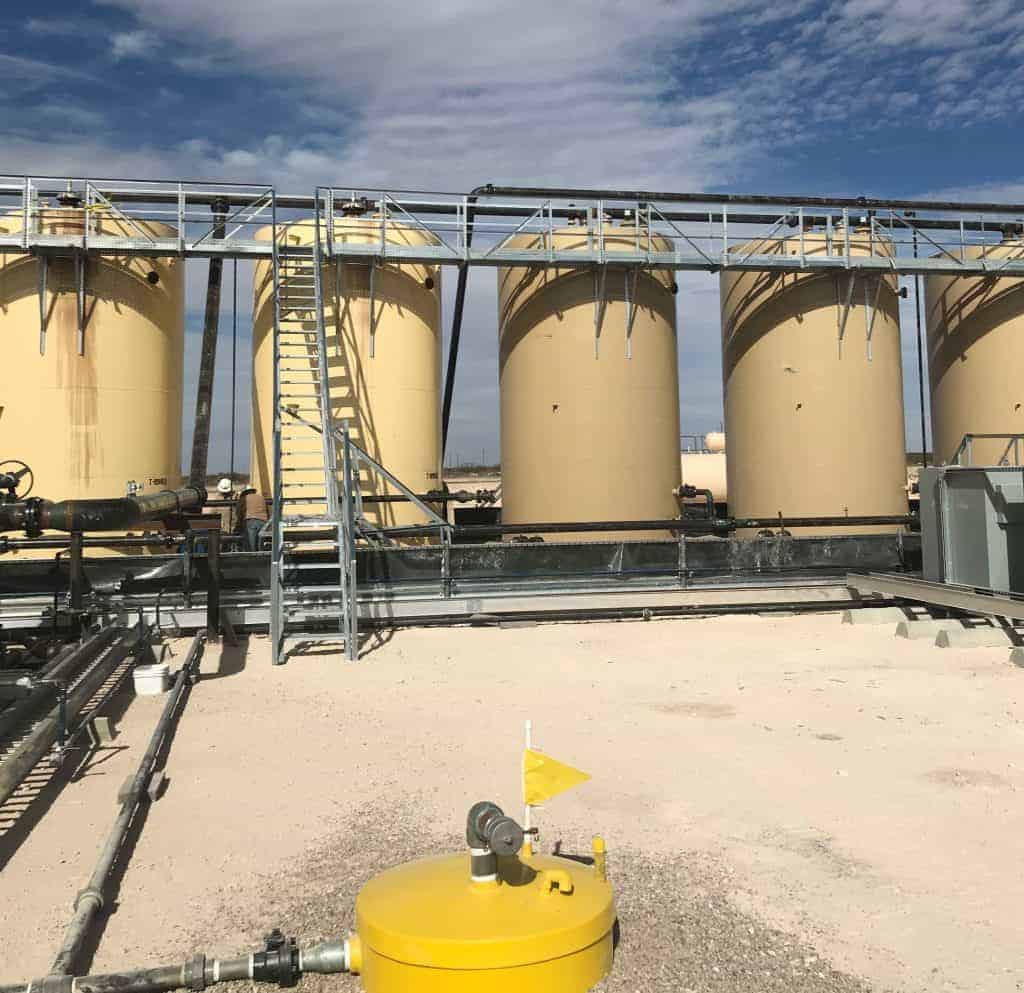
- Natural gas must be stored in underground reservoirs until it is ready for refining/market because of its extremely high pressure
- Companies will utilize depleted salt caverns or depleted aquifers as storage facilities so as not to have to create new storage facilities
- Crude oil can be stored in bulk terminals above ground
Due to the many ways oil & gas is processed, transported & stored, there are numerous companies that can benefit from the midstream sector. This is one of the ways the oil & gas industry is constantly growing. Companies that provide services like trucking, rail cars, barges, and pipelines benefit. Logistical & technological companies also benefit by trying to find more efficient ways to process, transport & store the oil & gas before it moves to the downstream process.
Learn more about CROFT’s oil storage tanks or request a quote.

